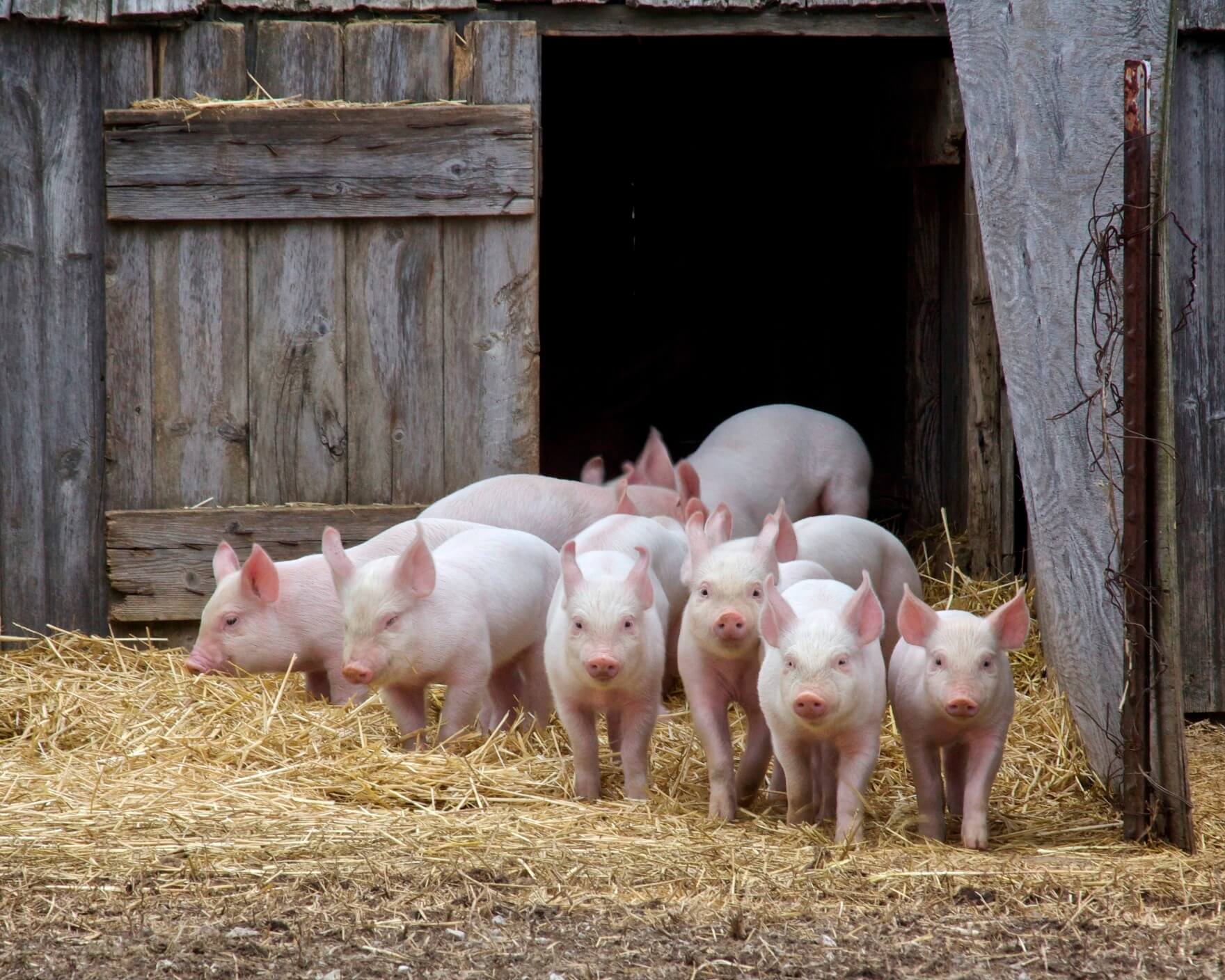A Taiwanese startup is aiming to use the blockchain technology as it attempts to transform the travel and animal husbandry industries.
In a report from Bloomberg, OwlTing, which is led by former Google employee Darren Wang, has rolled out a new system designed to detail the provenance of hotel bookings and pigs from birth to market.
Taiwan wants to ensure that it’s not left behind in the blockchain race which is seeing use cases being unrolled in China and the U.S.
Wang, who has helped two startups since leaving Google, said:
Getting a new innovative business off the ground in Taiwan is actually really tough. The venture capital scene isn’t that vibrant. I want to prove Taiwan can do it too.
OwlTing has created a blockchain-based system for 400 clients that removes the risk of double-booking hotel rooms when customers book through services such as Expedia. The platform also provides an avenue where animals can be tracked from birth, with vaccinations and feeding routines. This is done via employees at pig farms or fisheries when they input the information into an app. The company then transforms this data into QR codes before adding them to the blockchain once they have been verified.
The use of the distributed ledger as a tracking system is proving effective for many industries.
Earlier this week, it was reported that Coca-Cola was teaming up with the U.S. State Department to use the blockchain to fight forced labour. With 25 million people reportedly in forced labour conditions around the world this is an issue that needs tackling.
Other areas where the technology is being applied include the beef market. Chinese e-commerce company JD.com is working with InterAgri, an exporter of Australian meat products, to bring pure Angus beef meat to China for the first time. It’s hoped that by doing so it will bring greater confidence to consumers about where the meat they are eating is coming from.
Whereas, Lucara Diamond Corporation has joined the likes of De Beers and Alrosa in its quest to use the blockchain to ensure the quality of it stones. Or, more recently, the Lloyd’s Register Foundation, a U.K. nonprofit organisation, has announced that it is teaming up with Blockchain Labs for Open Collaboration (BLOC) to create a new initiative that aims to use the distributed ledger to ensure maritime safety.
These are just a few instances, but they highlight the potential the technology has and how it’s being applied in many different areas.
Featured image from Flickr via ISDA Communications.
